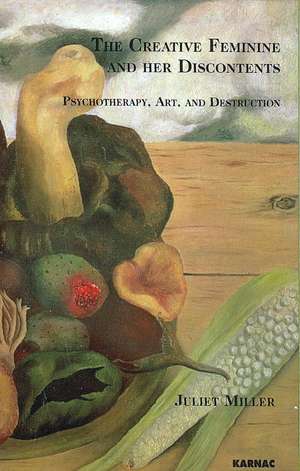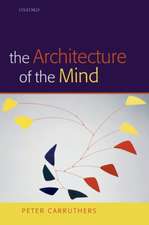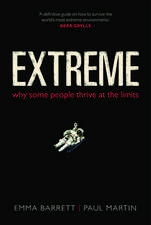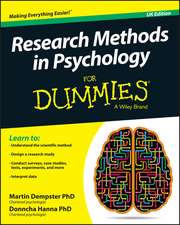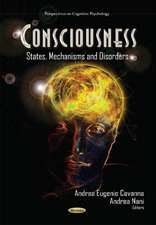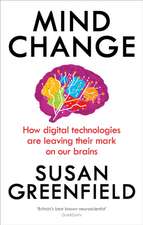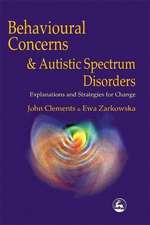The Creative Feminine and her Discontents: Psychotherapy, Art and Destruction
Autor Juliet Milleren Limba Engleză Paperback – 6 mar 2008
| Toate formatele și edițiile | Preț | Express |
|---|---|---|
| Paperback (1) | 252.88 lei 3-5 săpt. | +21.54 lei 6-10 zile |
| Taylor & Francis – 6 mar 2008 | 252.88 lei 3-5 săpt. | +21.54 lei 6-10 zile |
| Hardback (1) | 813.45 lei 6-8 săpt. | |
| Taylor & Francis – 27 sep 2019 | 813.45 lei 6-8 săpt. |
Preț: 252.88 lei
Preț vechi: 266.20 lei
-5% Nou
Puncte Express: 379
Preț estimativ în valută:
48.41€ • 49.79$ • 40.16£
48.41€ • 49.79$ • 40.16£
Carte disponibilă
Livrare economică 29 ianuarie-12 februarie
Livrare express 14-18 ianuarie pentru 31.53 lei
Preluare comenzi: 021 569.72.76
Specificații
ISBN-13: 9781855755550
ISBN-10: 1855755556
Pagini: 176
Ilustrații: Illustrations
Dimensiuni: 148 x 230 x 13 mm
Greutate: 0.45 kg
Ediția:1
Editura: Taylor & Francis
Colecția Routledge
Locul publicării:Oxford, United Kingdom
ISBN-10: 1855755556
Pagini: 176
Ilustrații: Illustrations
Dimensiuni: 148 x 230 x 13 mm
Greutate: 0.45 kg
Ediția:1
Editura: Taylor & Francis
Colecția Routledge
Locul publicării:Oxford, United Kingdom
Public țintă
Professional Practice & DevelopmentCuprins
Introduction -- Creativity and Fear -- The search for a voice -- Using a voice -- Creativity and Procreativity -- The dilemma of motherhood -- The problem of infertility -- Creativity and Psychotherapy -- History, gender, and relating -- Patriarchy and hate in training institutes -- Creativity and Art -- Power and vulnerability in the work of Louise Bourgeois -- Creative destruction in the work of Cornelia Parker -- Conclusion
Notă biografică
Juliet Miller is a Jungian Analyst with a private practice in London. Prior to training as an analyst she worked as a documentary film maker on environmental, social and women's issues. She is especially interested in creative expression and the interface between the arts and psychotherapy. She is co-editor with Jane Haynes of Inconceivable Conceptions. Psychological Aspects of Infertility and Reproductive Technology.
Descriere
This book argues that the dynamics of female creativity are more multi-layered and conflicted for women for a variety of historical and archetypal reasons, and suggests that an attack on the creative feminine has been exacerbated by the history and teaching of psychoanalysis and psychotherapy.
